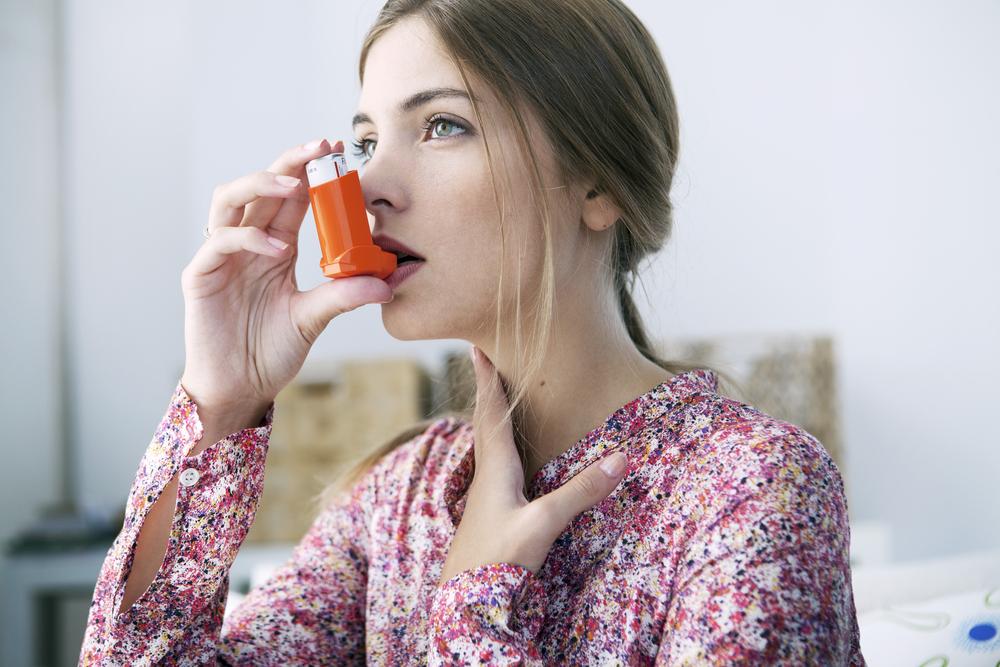Understanding the Causes, Symptoms, and Treatment of Allergic Asthma
In the country, most people suffer from allergy-triggered asthma. Mostly, seasonal allergy is regarded as the main cause of allergic asthma. When the immune system detects any foreign particle, it immediately triggers certain symptoms like sneezing or coughing. The bronchial passage gets affected by the presence of the allergen and it leads to inflammation.

Understanding the causes of allergic asthma
Allergic asthma can cause due to a number of factors. Some of the factors that act as a catalyst for asthma and allergy have been enlisted below:
- Allergic asthma can be caused when a person inhales the smoke of a tobacco and it creates difficulty in breathing.
- The smell of perfume or any scented product often triggers the symptoms of asthma.
- Seasonal allergies often occur from the pollen that can be found in flowers.
- Cockroach feces and dust mite feces also increase the risk of getting severe attacks of allergic asthma.
- Presence of chemicals that has a strong or pungent smell also results in worsening of the asthma attacks.
Symptoms of allergic asthma
Allergy and asthma basically attack the respiratory system and so people with allergic asthma find it difficult to breathe or experienced a choked throat. Those who experience allergic asthma attacks may find the following symptoms:
- Itchy eyes
- Rashes
- Scratchy throat
- Breathlessness
- An excessive cough at night
The symptoms may vary from one individual to another. As per reports, allergic asthma is one of the most common conditions in the country. The presence of pollen, pet dander, and dust triggers these symptoms. When an individual who has asthma stays nearer to dust particles or pollen grains, they immediately suffer from a runny nose or watery eyes. If a person has a fever, then they are more likely to get an attack that could trigger allergic asthma.
Coughing is also accompanied by wheezing, and one may find that they are experiencing cough more during the nighttime in comparison to morning. Breathing problems can be considered as one of the most common symptoms faced by allergic asthma patients. Breathing problems are closely linked to the thickening of the air passage as a result of the entrance of foreign particles.
Treatment methods for allergic asthma
The treatments options for allergic asthma are known to minimize the triggers of allergic asthma. Here is a list of treatment method that might help in dealing with asthma and allergy.
- Montelukast is a popular and effective form of medication, often recommended by doctors to treat allergic asthma. It helps strengthen the immune system.
- Therapies can also be conducted to reduce the severity of the symptoms and one such therapy is termed as anti-immunoglobulin immunotherapy. It mainly identifies the chemical signals which lead to allergy and try to reduce its effect.
- Similar to vaccinations allergens are introduced into the human body for increasing immunity and tolerance strength. It is mainly given in the form of injections.
- There are certain preventive measures that can also help a person get rid of frequent asthma and allergy triggers. One needs to keep a distance from pollen grains and keep their home clean for eliminating the presence of dust particles.
- Nasal decongestant sprays can be helpful in providing relief from breathing problems.
- Usage of a saline rinse can also allow you to clean your nasal passage, thereby helping smooth flow of air.
Whenever anyone notices any of the symptoms of allergic asthma, it is imperative that they should visit a doctor at the earliest and it can help start effective and timely treatment which can help ease the symptoms.











